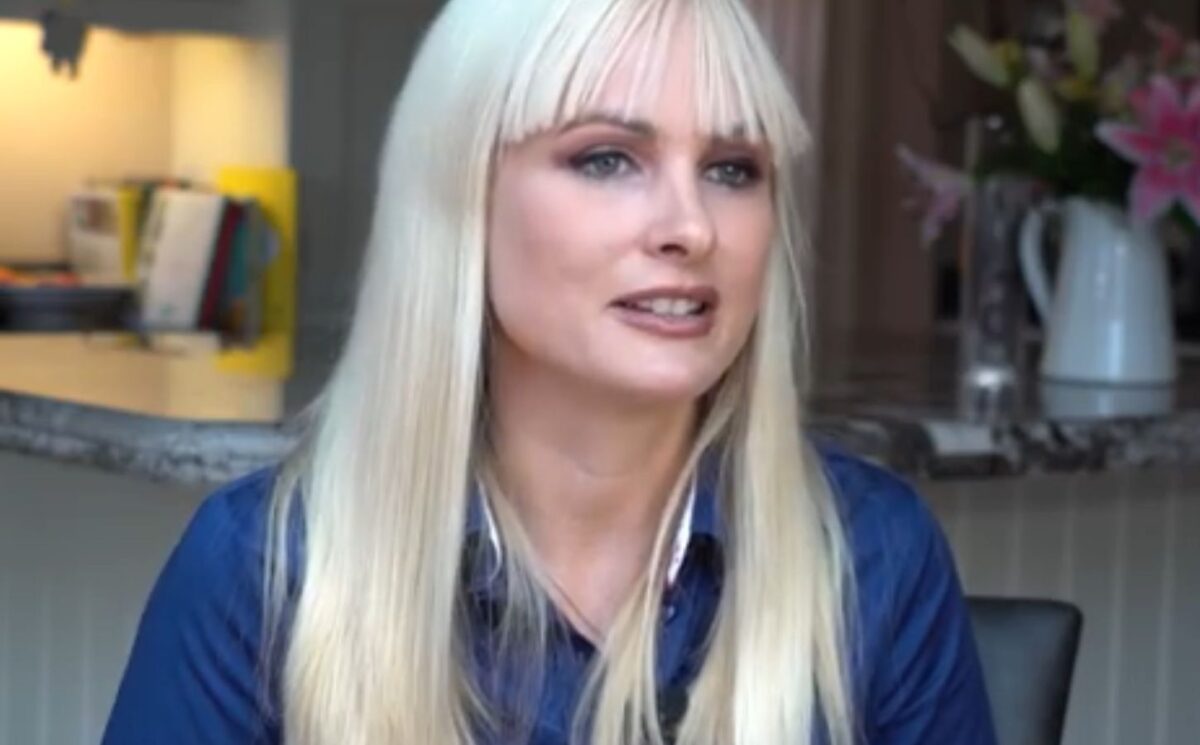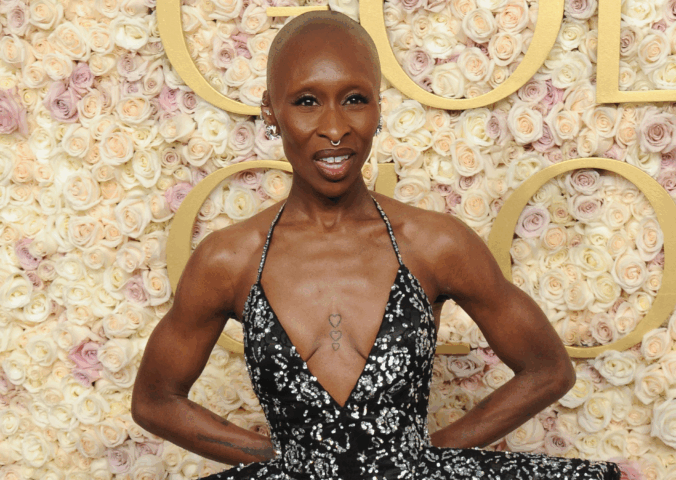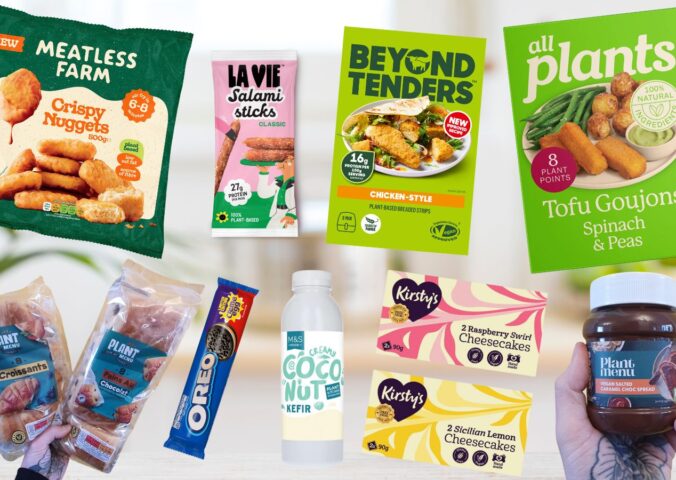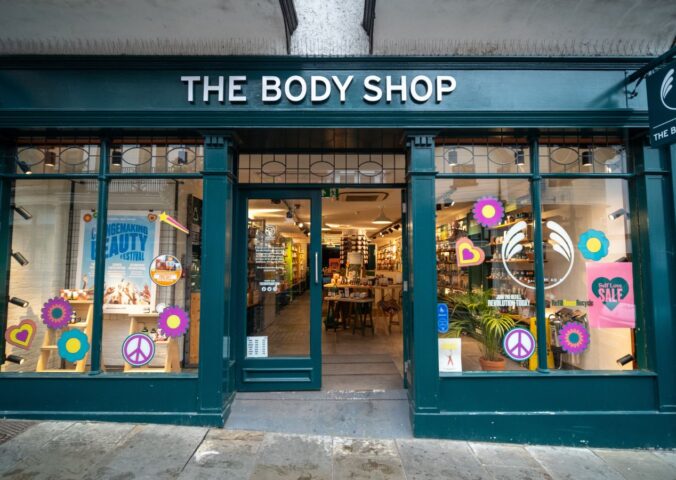A plant-based doctor recently explained “why people seem to hate vegans.”
In a short video shared to Facebook, Dr Gemma Newman, a senior partner at a family medical practice, a public speaker, and the author of The Plant Powered Doctor, talked about the symbolic “threat” that vegans present to meat-eating identities, and how vegans and omnivores alike can overcome negative perceptions.
Read more: Chef Quits Over Vegan Menu At Prince William’s Earthshot Prize Ceremony
“Vegans don’t just pose a threat to our identities as moral people; they also pose what researchers call a ‘symbolic threat’ to group identities, cherished traditions, cultural values, and social norms,” said Newman. “So much of our social customs are built around food, and this invariably leads to friction when someone is challenging these customs.”
Newman referenced research that found omnivores do have a negative perception of vegans. While they did also associate positive words like “caring,” “committed,” “empathic,” and “dedicated” with vegans and vegetarians, those positive impressions were overshadowed by words and phrases like “annoying,” “self-righteous,” “judgemental,” and “arrogant.”
Research indicates that vegans do, in fact, tend to believe their actions are more moral than omnivores, but the majority of this tension may actually come from the fact that omnivores agree with the sentiment.
“No one likes to feel judged,” explained Newman. “It instantly raises our defences and threatens our sense of self, and this threat is so powerful that the judgement doesn’t even have to be real for us to react strongly. This phenomenon is called ‘anticipated moral reproach,’ and it can lead to us pre-emptively attacking and disparaging people in order to protect our own self-image.”
Read more: Meat-Eaters Often View Vegans With Contempt, Study Finds
Reducing ‘unconscious negativity’ around veganism

While omnivores anticipate being judged by vegans, Newman noted that vegans also anticipate being seen as judgmental. She added that this pre-emptive defensiveness makes meaningful communication challenging, and called for empathy and understanding on both sides to aid dialogue on food and lifestyles.
“I have actually created a diversity, equity, and inclusion talk about this topic to help people understand that vegan bias is real, and one of the few remaining socially acceptable biases,” Newman told Plant Based News (PBN). “It has been well received by the companies I’ve worked with – hopefully helping to reduce unconscious negativity (and maybe even opening a few hearts to the idea of veganism).”
Read more: Jeff Goldblum Is Planning A Vegetarian Christmas After Making ‘Wicked: For Good’






